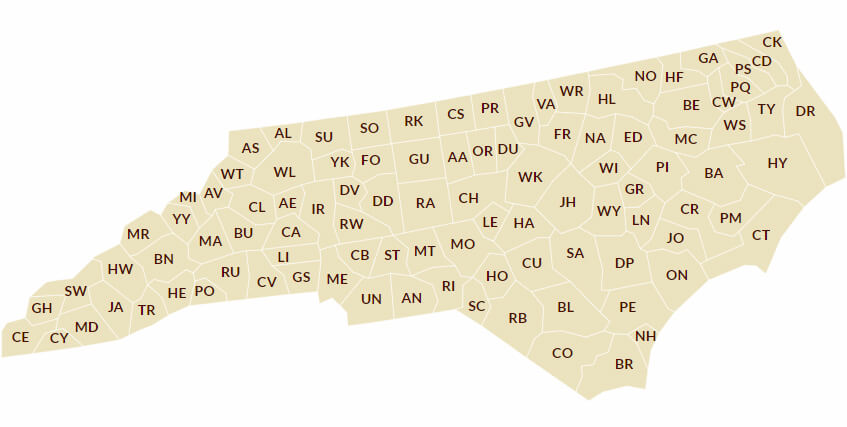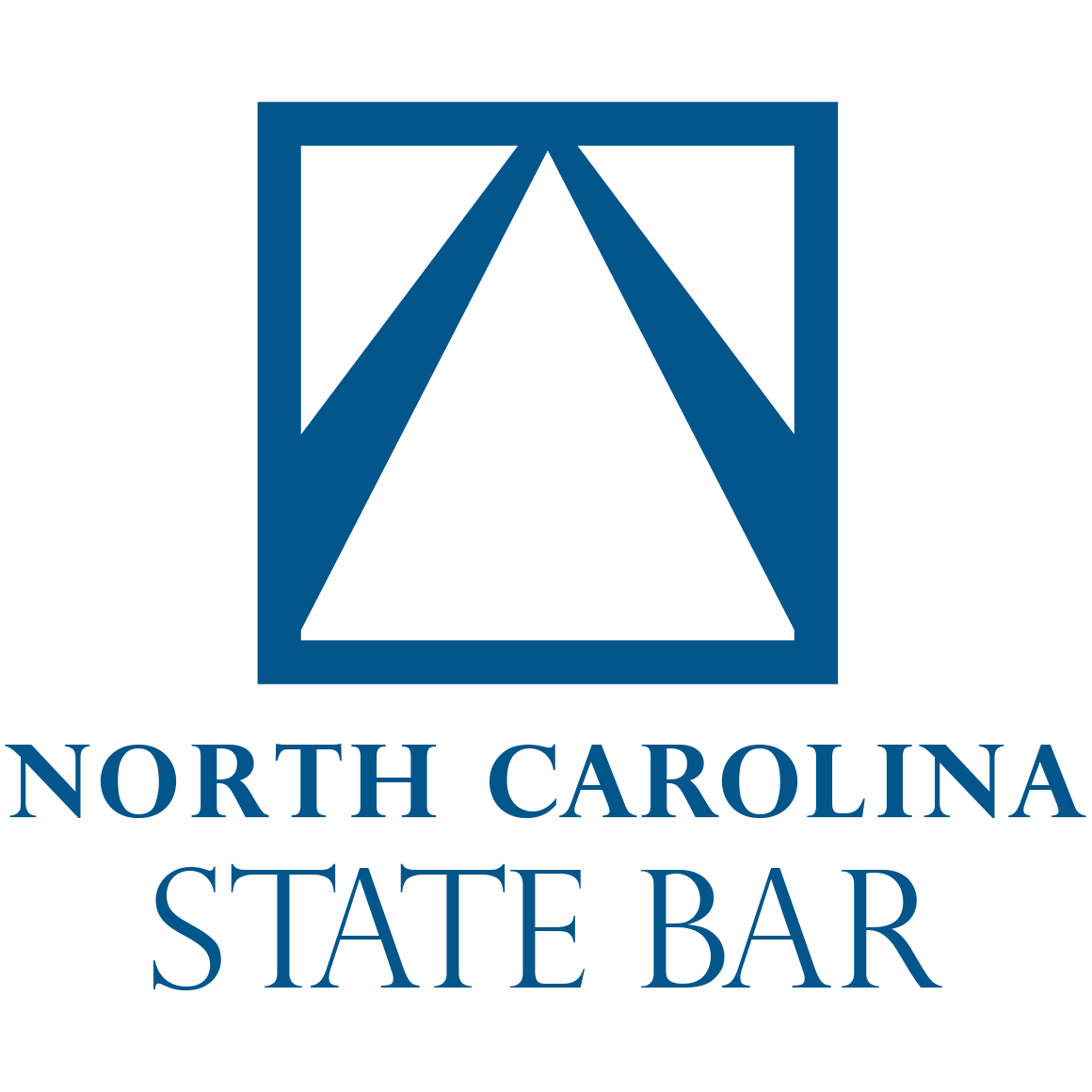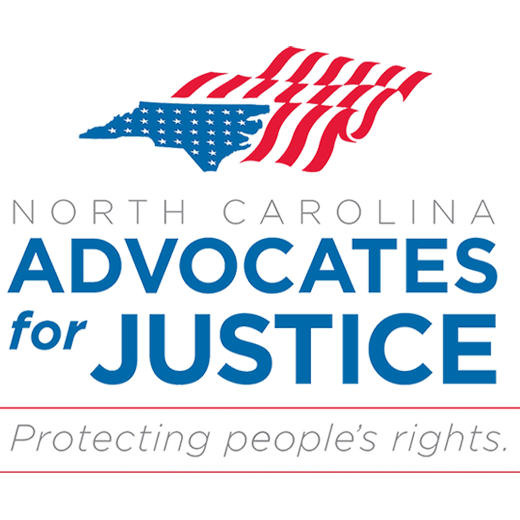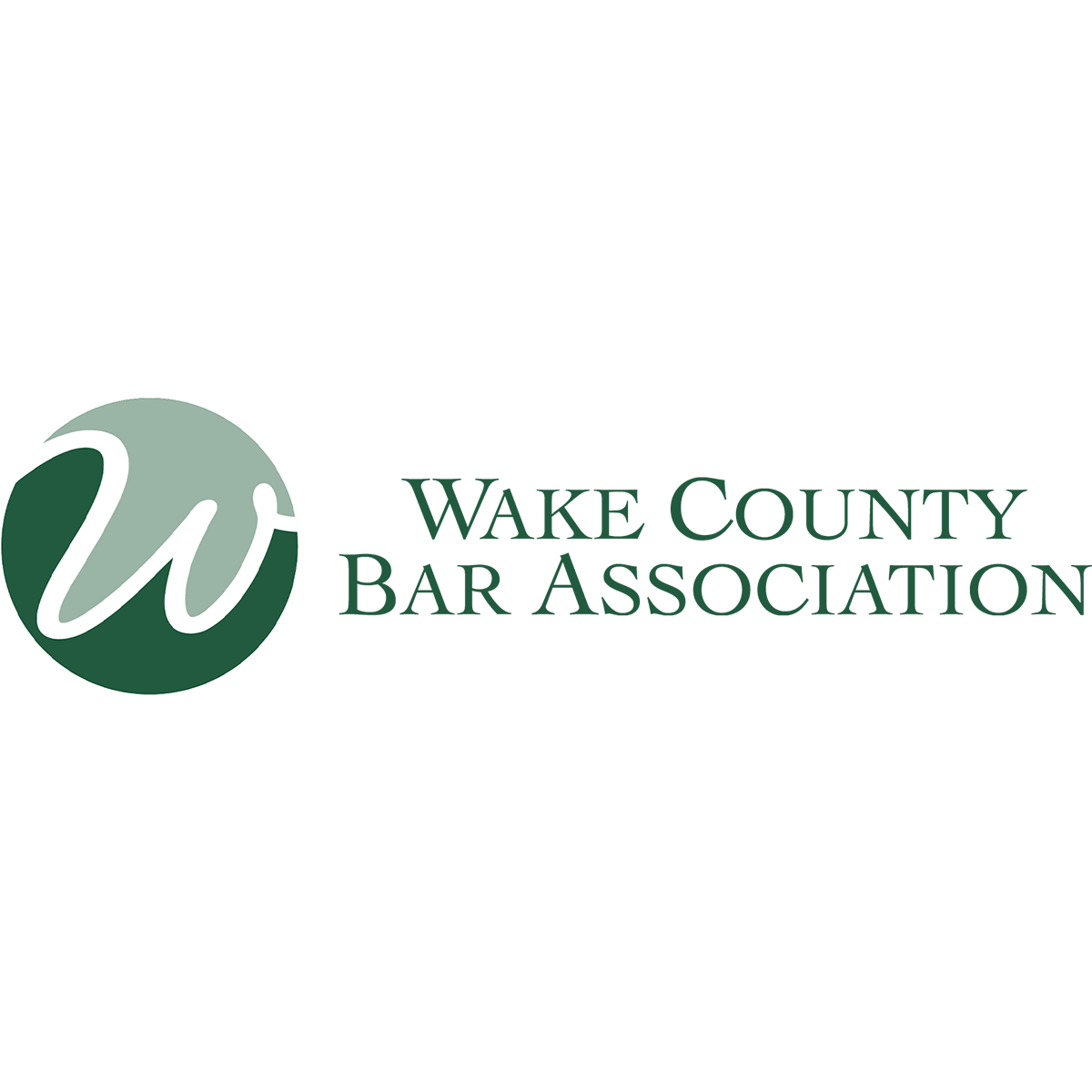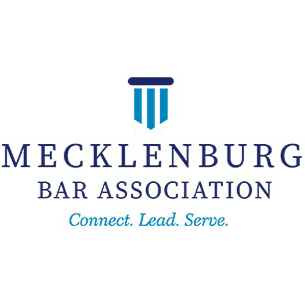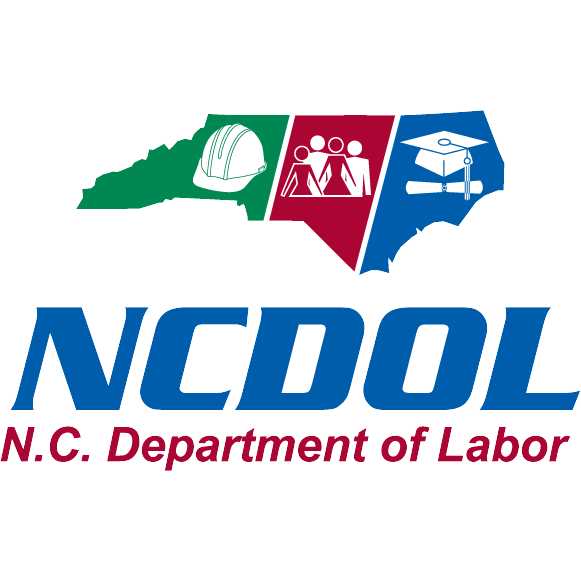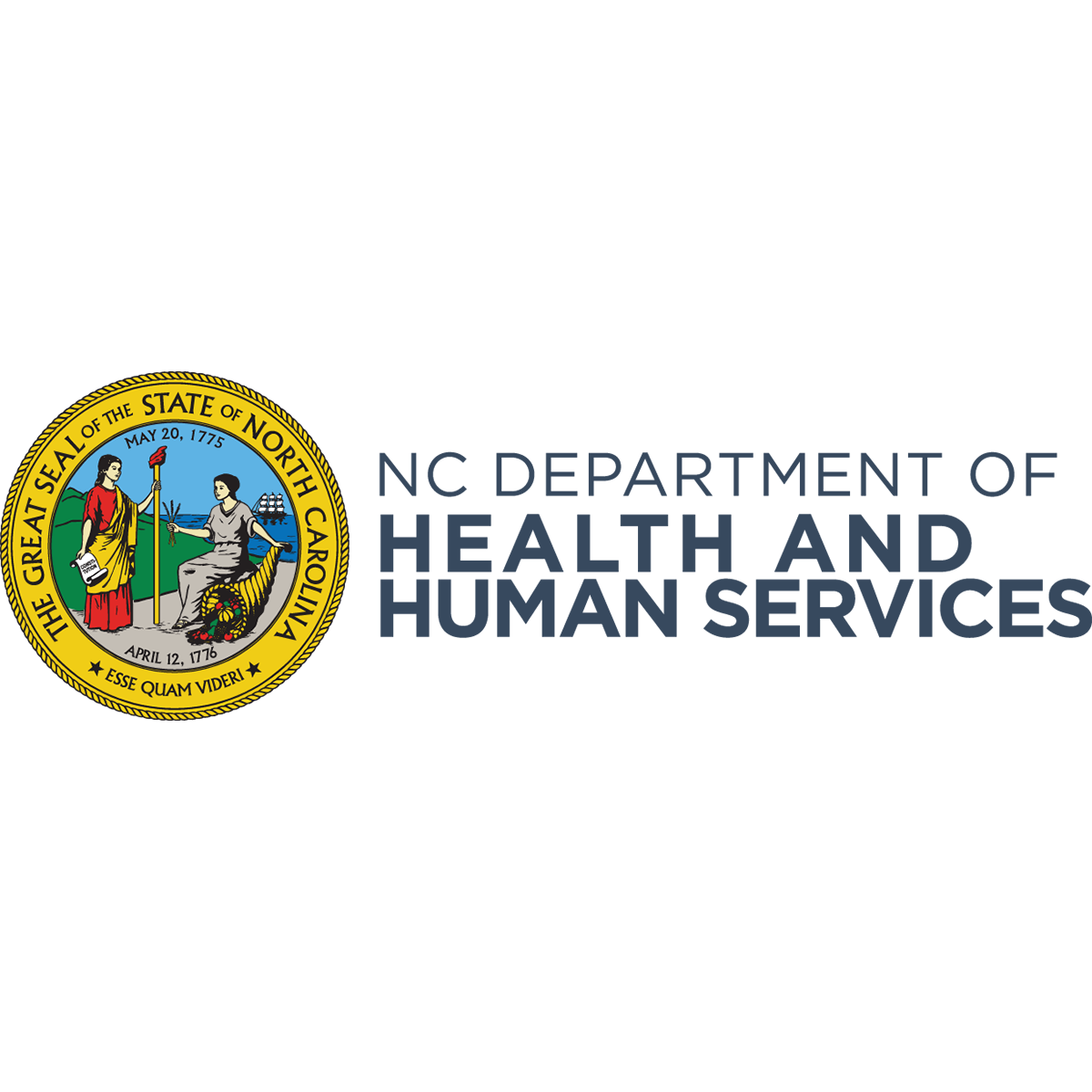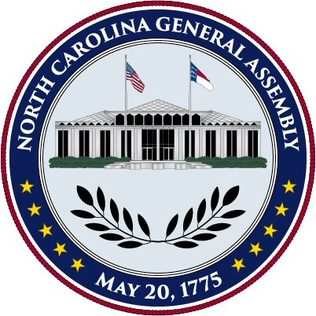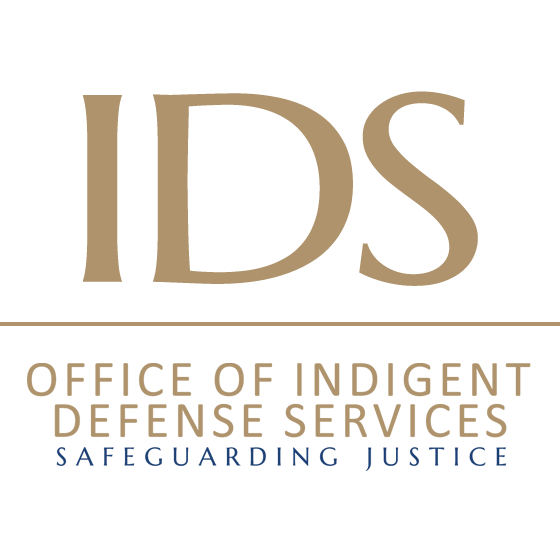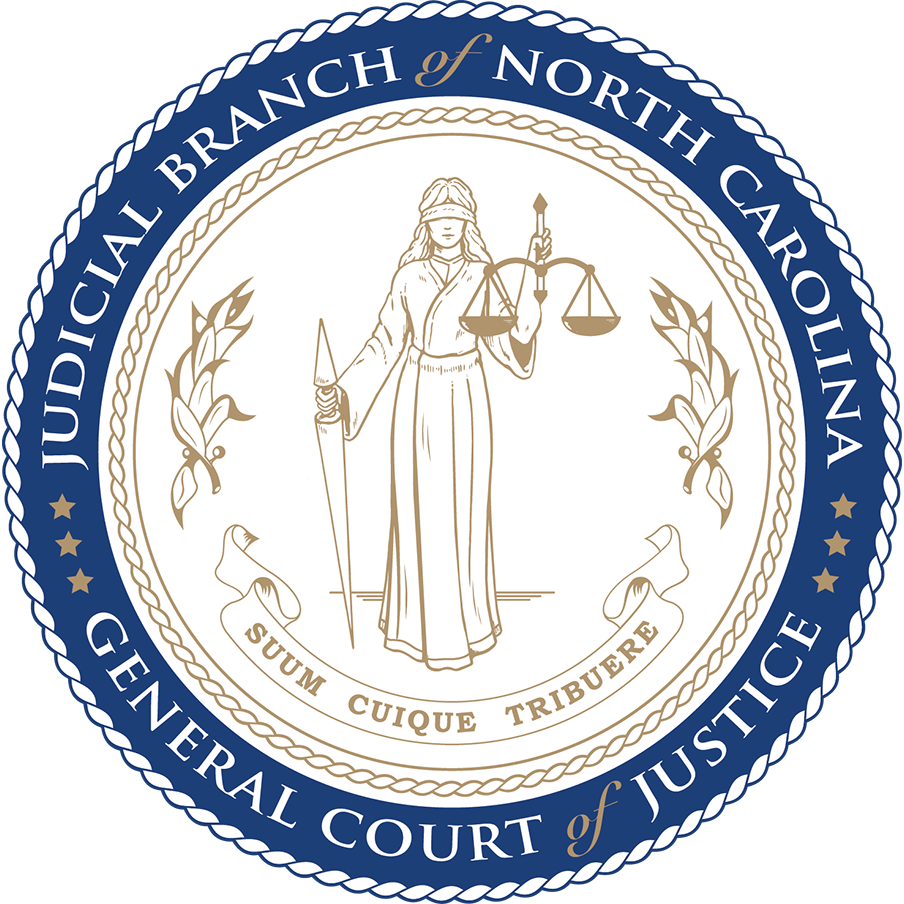Wake County Bar Association - The Wake County Bar Association (WCBA) is a leading organization for legal professionals in Wake County, North Carolina. Dedicated to advancing the legal profession, the WCBA offers its members access to CLE programs, networking opportunities, and resources for professional growth. The association is also committed to public service, providing pro bono legal assistance, educational outreach, and community engagement initiatives. By fostering a collaborative and ethical legal environment, the WCBA supports its members while promoting justice and equity within the community.


